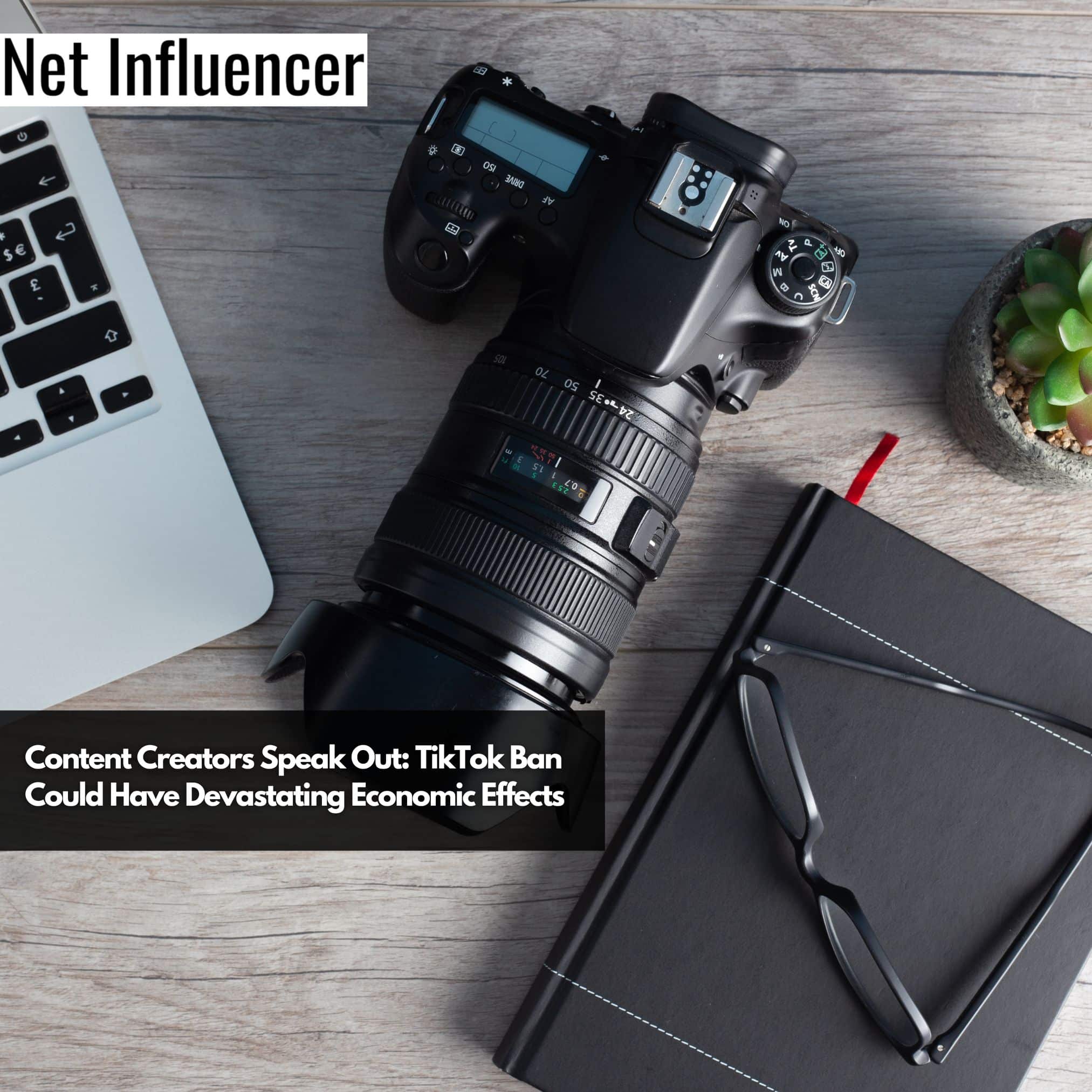Platform
Content Creators Speak Out: TikTok Ban Could Have Devastating Economic Effects
Content creators across the United States voice outrage over a bipartisan bill passed by the House of Representatives that could lead to a nationwide TikTok ban. The legislation aims to force the platform’s Chinese owner ByteDance to divest the popular video app over data security concerns.
While the bill awaits Senate approval, creators warn that a TikTok ban would significantly impact countless people and businesses relying on the platform for income.
Content Creators Speak Out: TikTok Ban Could Have Devastating Economic Effects
Alex Pearlman, a 39-year-old TikTok creator with over 2.5 million followers, recently quit his customer service job to pursue comedy full-time after going viral on the app. “TikTok has transformed my life, allowing me to live my dream and provide for my family,” says Pearlman, AP reports. He argues that something will inevitably replace TikTok’s role as the driver of American social media if it is banned.
“In reality, TikTok has been the driver of American social media for the last four years. Something will step into that place if TikTok vanishes tomorrow. Whether or not that will be better or worse, Congress has no way of knowing.”
The pandemic accelerated growth in the digital creator economy as people consumed and created content at unprecedented levels during curfews while stuck at home.
Jensen Savannah, a 29-year-old influencer from Charlotte, tripled her income after leaving her telecommunications sales job to create travel content on TikTok full-time. “Social media influencing is the new form of advertising,” she states.
For some creators, TikTok serves as a platform for marginalized groups to gain exposure. Alabama-based Joshua Dairen found TikTok was the first social media app where he could connect with an audience that looked like him while sharing stories about the paranormal – a field lacking diversity growing up. TikTok led to freelance writing jobs and enabled him to open a coffee shop sustained by his fanbase.
For Chris Bautista, a 37-year-old LA food truck owner, TikTok was a tool during the pandemic to build an LGBTQ+ community and share his mental health journey after considering suicide when he was younger. “The corners of TikTok I find myself in are wildly important,” he says. TikTok income helped keep his business afloat during Hollywood strikes.
Amid concerns about TikTok’s addictive nature, particularly for young audiences, some creators argue banning it due to its Chinese ownership sets a “dangerous precedent” and that Congress should address those issues directly.
Marcus Bridgewater, a former teacher who posts gardening videos, describes social media apps as useful platforms for society in general.
“Social media is a powerful tool capable of helping us transcend ourselves, but also severing us from loved ones,” he points out, urging Congress to focus on the app’s societal impacts rather than its ownership.
Creators like Pearlman fear politicians inevitably coming after TikTok, comparing the House vote to finally getting tragic news about a loved one’s passing. “To many people, it feels like they’re trying to ban the complaint box instead of dealing with the complaint,” he stresses.
As the bill moves to the Senate, TikTok’s creators make clear that a potential ban could devastate the livelihoods and communities enabled by the platform’s staggering growth and opportunities in the evolving creator economy.



















